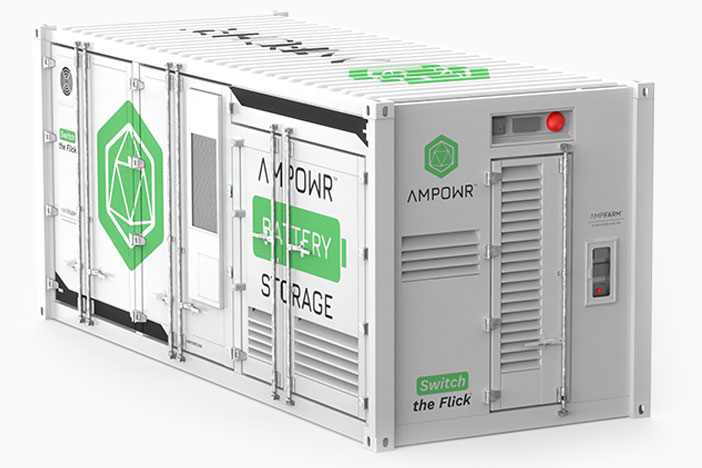ENERGY STORAGE SYSTEMS FOR SOLAR PANELS
Harnessing Solar Power: Exploring the Benefits of Energy Storage Systems for Solar Panels.
What are Energy Storage Systems for Solar Panels?
Energy storage systems for solar panels revolutionize the way we harness and utilize the power of the sun. These innovative solutions play a crucial role in optimizing the efficiency and reliability of solar energy by capturing, storing, and effectively utilizing the surplus energy generated by solar panels.
As solar panels absorb sunlight and convert it into electricity, they often produce more energy than is immediately consumed. Energy storage systems bridge this gap by storing the excess electricity during periods of high solar production. This surplus energy is then readily available for use when sunlight is limited, such as during cloudy days, in the evenings, or even during power outages. By storing and intelligently managing this excess energy, energy storage systems ensure a consistent and reliable power supply, maximizing the benefits of solar energy.
The core function of energy storage systems for solar panels is to capture and store the excess electricity. These systems typically incorporate advanced battery technologies, such as lithium-ion batteries, to efficiently store the energy for later use. During times of high solar production, the excess electricity charges the batteries, allowing them to store the energy in a stable and reliable manner. When needed, the stored energy is discharged from the batteries, providing a consistent power source that complements the solar panel’s electricity production.
Energy storage systems bring numerous advantages to solar panel installations. First and foremost, they significantly enhance energy self-sufficiency. By capturing and storing excess solar energy, these systems reduce the dependence on the electrical grid and minimize the need to draw electricity during periods of low solar production. This self-consumption of solar energy leads to reduced reliance on traditional power sources, lower electricity bills, and increased overall energy independence.
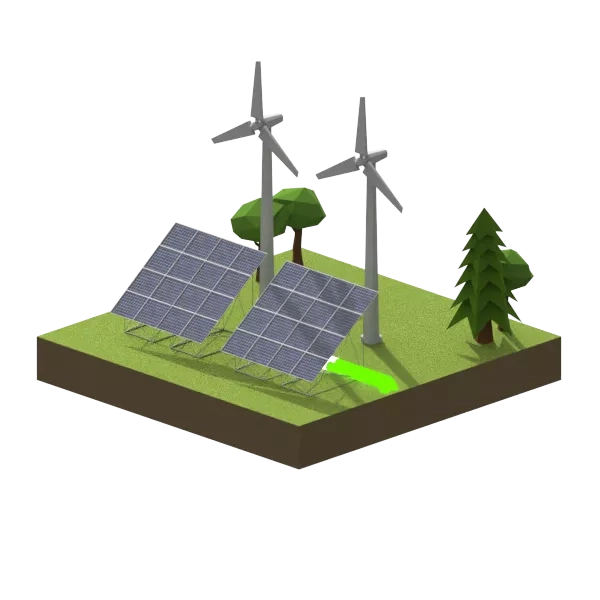


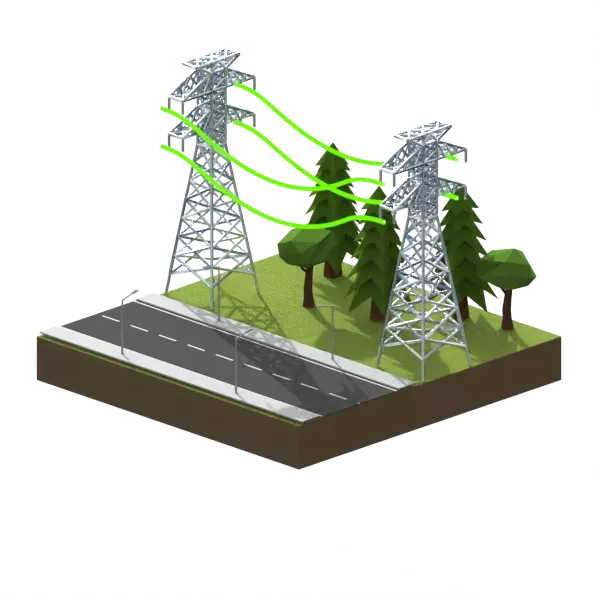
Energy storage systems for solar panels revolutionize the way we harness and utilize the power of the sun. These innovative solutions play a crucial role in optimizing the efficiency and reliability of solar energy by capturing, storing, and effectively utilizing the surplus energy generated by solar panels.
As solar panels absorb sunlight and convert it into electricity, they often produce more energy than is immediately consumed. Energy storage systems bridge this gap by storing the excess electricity during periods of high solar production. This surplus energy is then readily available for use when sunlight is limited, such as during cloudy days, in the evenings, or even during power outages. By storing and intelligently managing this excess energy, energy storage systems ensure a consistent and reliable power supply, maximizing the benefits of solar energy.
The core function of energy storage systems for solar panels is to capture and store the excess electricity. These systems typically incorporate advanced battery technologies, such as lithium-ion batteries, to efficiently store the energy for later use. During times of high solar production, the excess electricity charges the batteries, allowing them to store the energy in a stable and reliable manner. When needed, the stored energy is discharged from the batteries, providing a consistent power source that complements the solar panel’s electricity production.
Energy storage systems bring numerous advantages to solar panel installations. First and foremost, they significantly enhance energy self-sufficiency. By capturing and storing excess solar energy, these systems reduce the dependence on the electrical grid and minimize the need to draw electricity during periods of low solar production. This self-consumption of solar energy leads to reduced reliance on traditional power sources, lower electricity bills, and increased overall energy independence.
Types of energy storage systems for Solar Panels
There are several types of energy storage systems for solar panels, each with its unique characteristics and benefits. Some common types include:
Battery Storage
Battery storage systems are a popular and versatile option for storing excess energy generated by solar panels. These batteries efficiently store the surplus electricity for later use. Battery storage is highly flexible and can be scaled to meet the energy requirements of both residential and commercial applications. They offer fast response times, high round-trip efficiency, and the ability to discharge energy when needed, providing a reliable and steady power supply.
Pumped Hydro Storage
This system stores energy by using excess electricity to pump water from a lower reservoir to an upper reservoir. When energy is needed, the water is released to flow through turbines, generating electricity.
Compressed Air Energy Storage (CAES)
CAES systems store energy by compressing air and storing it in underground caverns. When electricity is required, the compressed air is released, driving turbines and generating power.
Flywheel Energy Storage
Flywheels store energy by spinning a rotor at high speeds and converting excess electricity into kinetic energy. This energy can be extracted later by slowing down the rotor, converting the kinetic energy back into electrical energy.
When comparing energy storage options for solar panels, battery storage stands out as a superior choice for several compelling reasons. Here’s why battery storage is often considered the best option:
High Efficiency and Fast Response Times: Battery storage systems, especially those utilizing advanced lithium-ion battery technology, offer remarkable efficiency and rapid response times. They efficiently store and discharge energy, allowing for quick utilization of stored electricity when needed. This high efficiency ensures minimal energy loss during the storage and retrieval process, maximizing the overall system performance and optimizing the use of solar energy.
Scalability and Flexibility: Battery storage systems are highly scalable, making them suitable for a wide range of applications, from small residential setups to large commercial or utility-scale installations. With modular designs, battery systems can be easily expanded or downsized as per the changing energy requirements. This scalability allows for system customization, ensuring that the storage capacity matches the specific energy needs of the user.
Energy Density and Compact Size: Battery storage systems offer high energy density, meaning they can store a significant amount of energy within a compact physical footprint. This makes them ideal for installations where space is limited. Whether it’s a residential rooftop or a commercial facility, battery systems can be installed in compact areas, maximizing the use of available space.
Durability and Long Lifespan: Modern battery technologies, particularly lithium-ion batteries, are known for their durability and long lifespan. They can handle frequent charge and discharge cycles without significant degradation in performance, ensuring reliable operation for many years. With proper maintenance, battery storage systems can last for a decade or more, providing a reliable and long-term energy storage solution for solar panels.
High Round-Trip Efficiency: Round-trip efficiency refers to the ability of a storage system to retain and release energy with minimal losses. Battery storage systems excel in this aspect, offering high round-trip efficiency. This means that the amount of energy stored in the battery is almost equivalent to the amount of energy discharged, resulting in minimal wastage. High round-trip efficiency translates into better overall system performance and higher economic returns.
Versatile Applications: Battery storage systems are versatile and can fulfill various energy management needs. They can optimize self-consumption by storing excess solar energy during periods of high production and utilizing it when demand is high or sunlight is limited. Additionally, they can provide backup power during grid outages, ensuring uninterrupted electricity supply for essential appliances and systems. Battery storage systems can also facilitate peak demand management, allowing users to avoid expensive peak-time electricity rates by utilizing stored energy during high-demand periods.
While other energy storage technologies such as pumped hydro storage, compressed air energy storage (CAES), and flywheel energy storage have their own advantages and applications, battery storage remains a top choice due to its high efficiency, scalability, compact size, durability, long lifespan, and versatile functionality. These factors make battery storage systems the preferred option for maximizing the benefits of solar energy and enhancing energy independence.
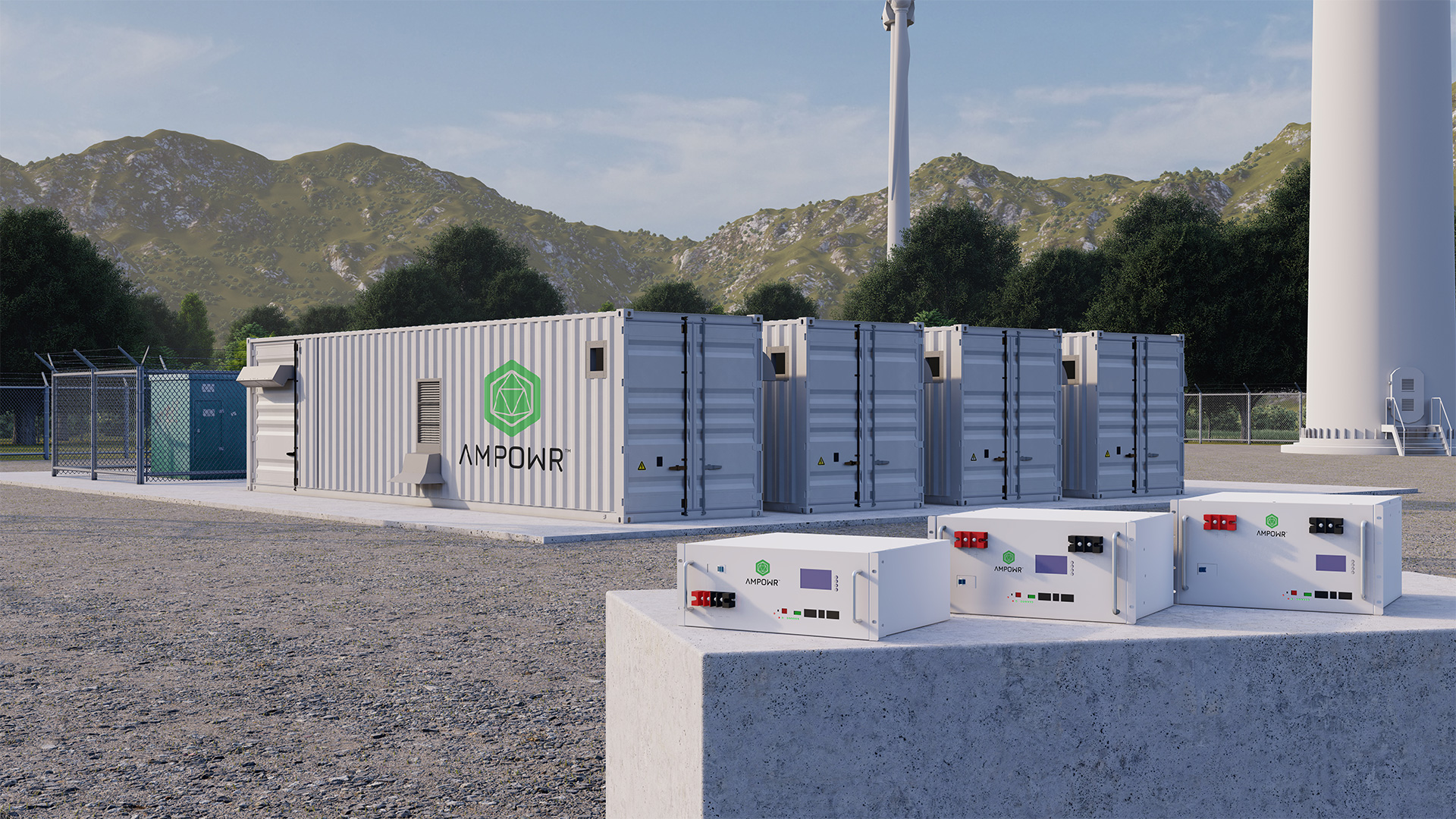
Pros of Energy Storage Systems for Solar Panels
Energy storage systems for solar panels offer a range of benefits that enhance the efficiency, reliability, and cost-effectiveness of your solar energy setup. Let’s explore these advantages in more detail:
Maximizing Self-Consumption.
Energy storage systems enable you to maximize self-consumption of the solar energy you generate. Instead of exporting excess electricity back to the grid, which often results in minimal compensation, you can store that energy for later use. By utilizing more of your generated solar energy on-site, you reduce reliance on the electrical grid and effectively lower your electricity bills. This not only increases your energy independence but also promotes a more sustainable and cost-efficient energy usage pattern.
Backup Power.
One of the significant advantages of energy storage systems is their ability to provide reliable backup power during grid outages. When the electrical grid goes down, traditional solar panel systems without storage are also unable to function. However, with an energy storage system in place, you have a dedicated power source to keep essential appliances and systems running. Whether it’s powering your refrigerator to preserve perishable food, keeping the lights on, or maintaining critical medical equipment, an energy storage system ensures your home or business remains operational even during unforeseen circumstances.
Peak Demand Management.
Energy storage systems allow you to manage peak demand effectively. During peak periods when electricity rates are typically higher, such as evenings or hot summer afternoons, you can rely on the stored energy in your system instead of drawing electricity from the grid. By minimizing or eliminating the need to purchase electricity at peak-time rates, you can significantly reduce your overall energy costs. This feature is particularly beneficial for businesses that experience high energy demand during specific hours or residential users looking to optimize their energy consumption.
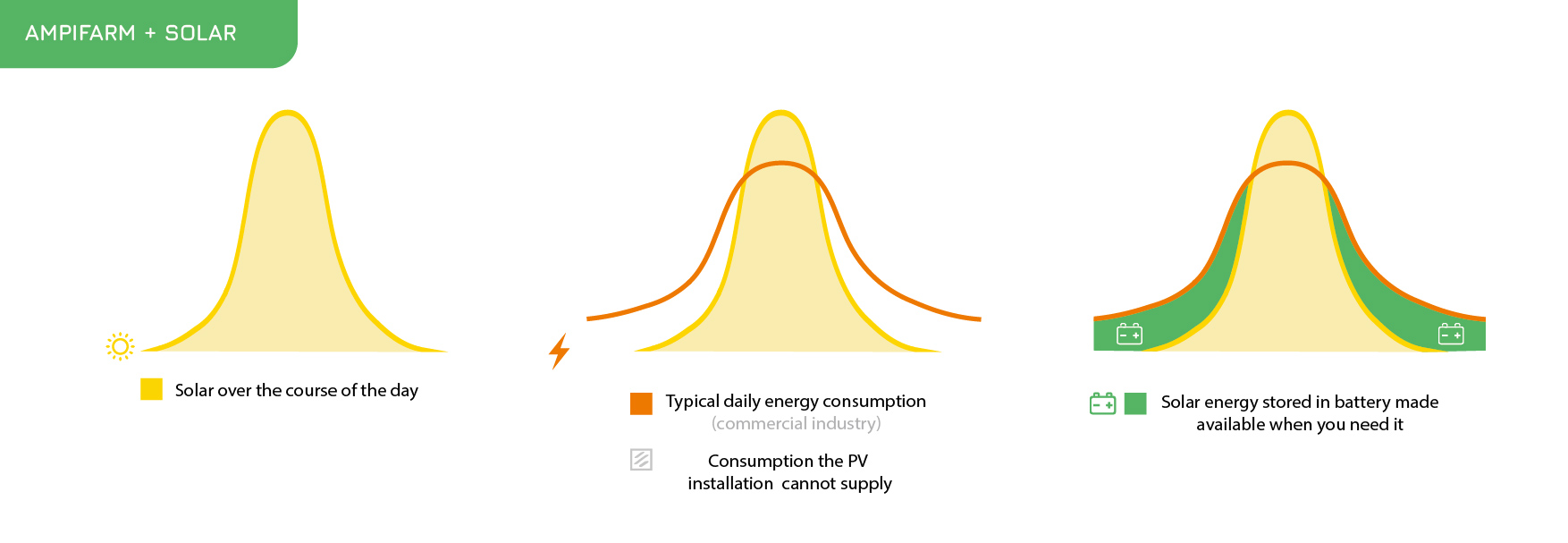
Grid Independence.
Energy storage systems offer the flexibility of grid independence. With off-grid solutions, you can completely disconnect from the electrical grid, relying solely on your solar panels and energy storage system. This is particularly valuable in remote areas where grid access is limited or expensive. On the other hand, grid-tied solutions with energy storage allow you to enjoy the benefits of both solar energy and grid connectivity. During periods of excess solar production, you can store the energy for later use while still having the option to draw power from the grid when needed. This grid independence provides greater control over your energy supply, reduces vulnerability to power outages, and contributes to a more sustainable and resilient energy infrastructure.
By investing in an energy storage system for your solar panels, you unlock these advantages and transform your energy usage into a more efficient, reliable, and cost-effective solution. The ability to maximize self-consumption, have backup power during outages, manage peak demand effectively, and achieve grid independence empowers you to take control of your energy future.
Cost of Energy Storage Systems for Solar Panels
The cost of energy storage systems for solar panels varies depending on factors such as system capacity, battery technology, and installation requirements. It’s recommended to consult with reputable solar energy providers who can assess your specific needs and provide accurate cost estimates tailored to your situation.
At Ampowr, we offer a range of energy storage solutions for solar panels, tailored to meet your energy needs and budget. Our team of experts can guide you through the selection, installation, and maintenance process, ensuring a seamless integration of energy storage into your solar system.
Contact us today to learn more about how our energy storage systems can enhance the efficiency and reliability of your solar panel setup.
At Ampowr, we offer a range of energy storage solutions for solar panels, tailored to meet your energy needs and budget. Our team of experts can guide you through the selection, installation, and maintenance process, ensuring a seamless integration of energy storage into your solar system.
Contact us today to learn more about how our energy storage systems can enhance the efficiency and reliability of your solar panel setup.
Our Smart Battery Energy Storage Systems are leading the energy transition and powering a wide range of industries and applications.



